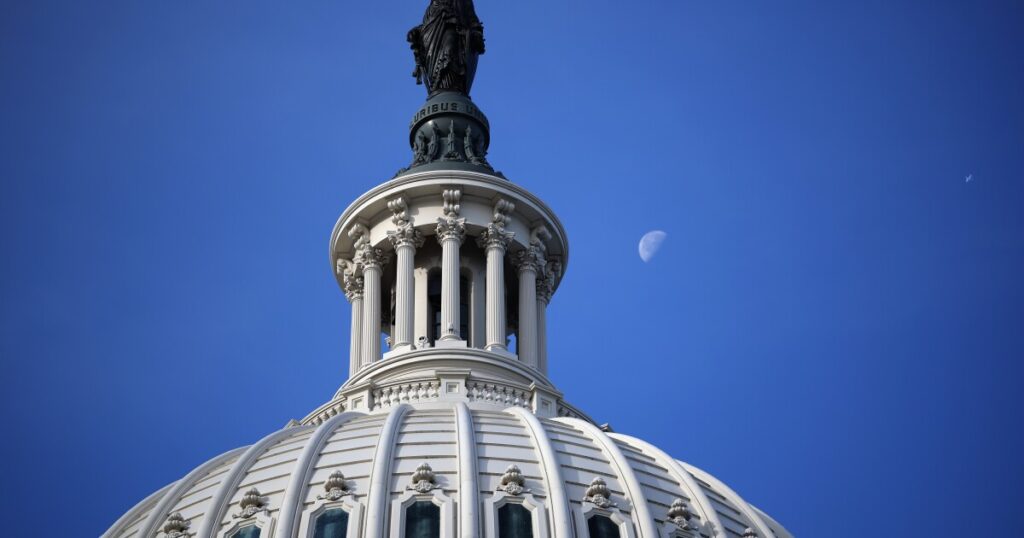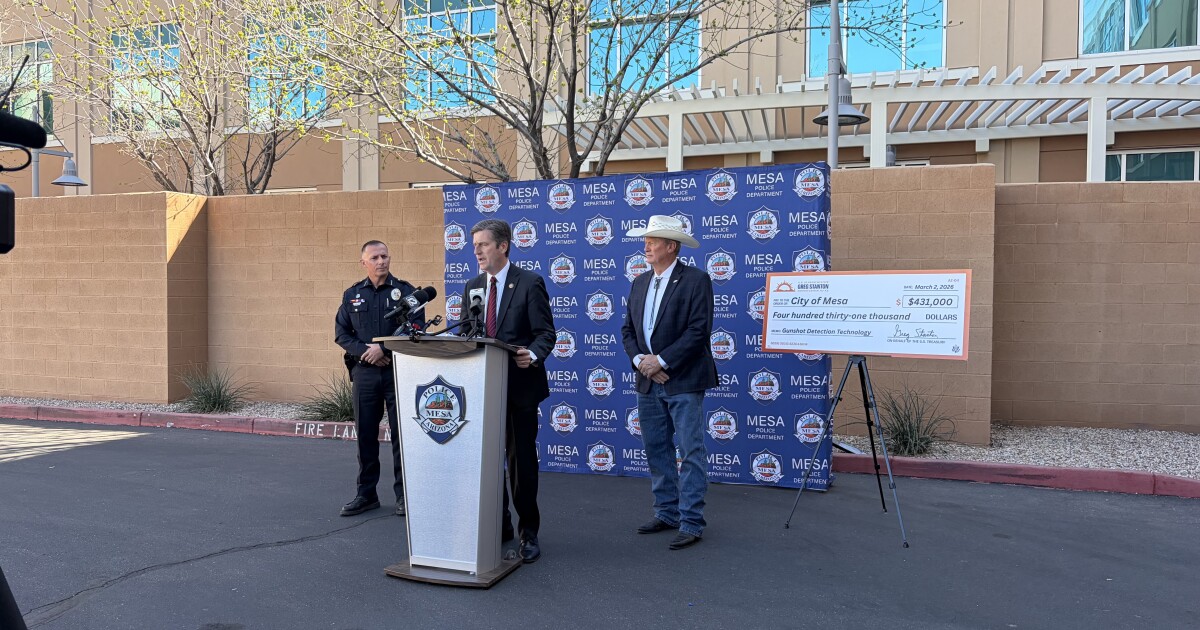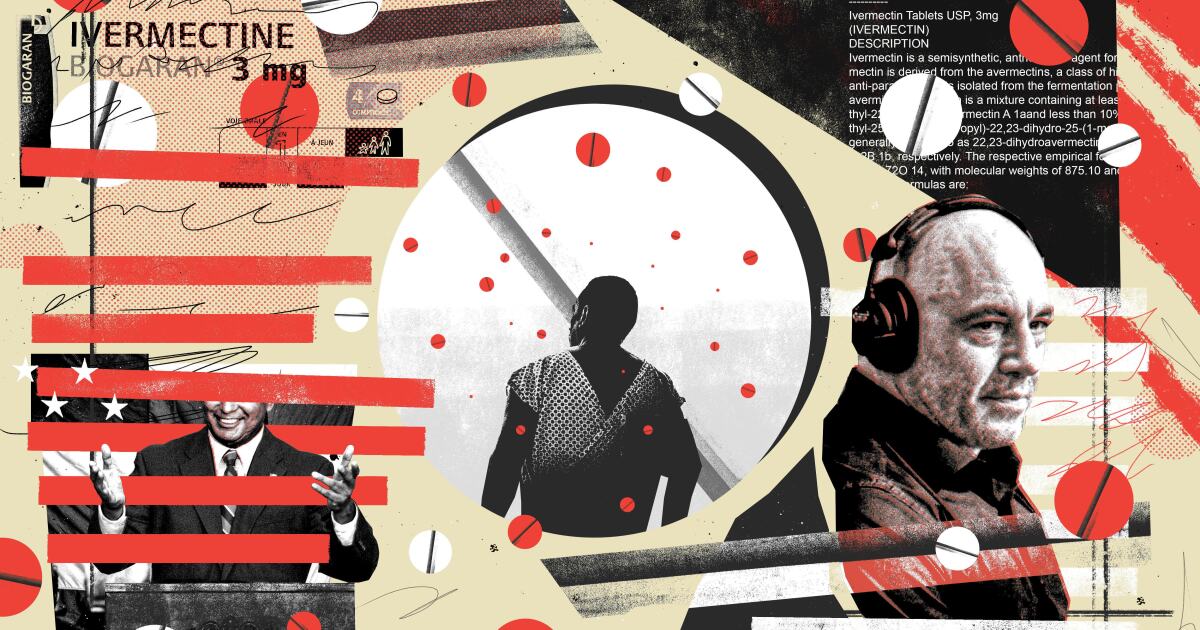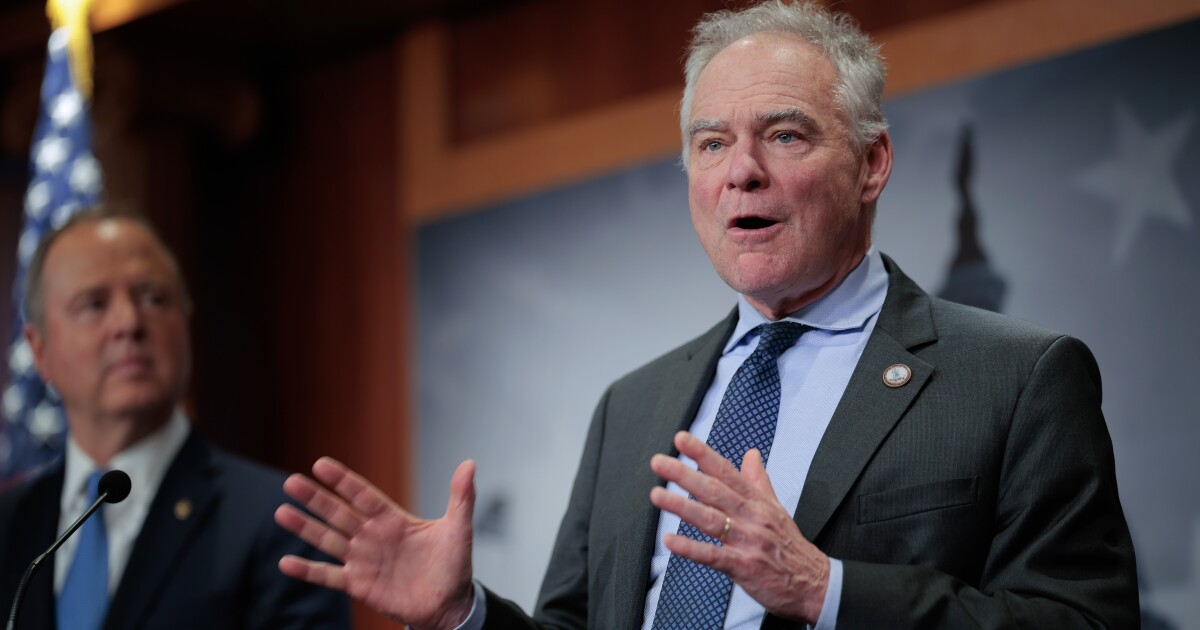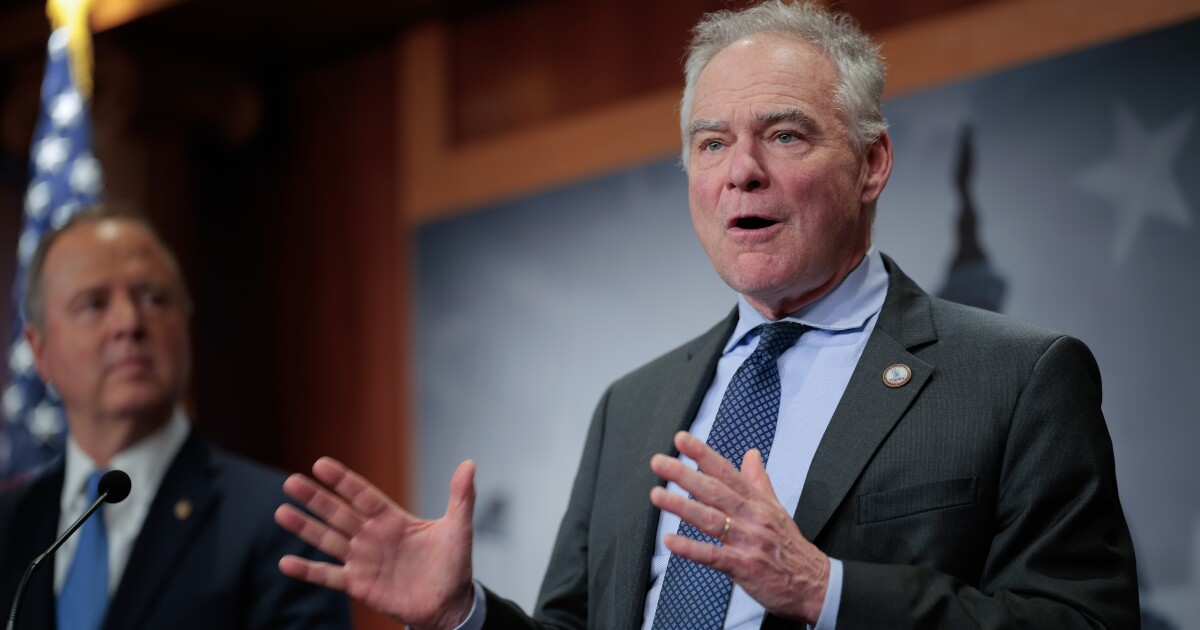As the United States grapples with its longest government shutdown to date, a new funding bill is set to be approved by the House of Representatives on Wednesday, marking a potential end to the stalemate.
The proposed legislation aims to extend government funding through January 30 and includes several appropriation bills. Among these is a provision to secure continuous financial support for the Supplemental Nutrition Assistance Program (SNAP) until September 30, 2026. Currently, SNAP, which assists nearly 42 million Americans with food security, is entangled in a legal battle due to the shutdown.
Earlier this week, the Senate gave its approval to the bill, with support from seven Democrats and one Independent alongside most Republicans. Notably, the bill seeks to counteract layoffs introduced by the Trump administration during the shutdown.
Despite the progress, Democratic leaders remain dissatisfied, as the bill doesn’t address the lapse in health care subsidies set to expire this year. Senate Majority Leader John Thune, R-S.D., has committed to a mid-December vote on a Democrat-led initiative to extend Affordable Care Act tax credits. Although some Republicans acknowledge the need to curb potential premium surges, the vote’s outcome remains uncertain. House Speaker Mike Johnson, R-La., has yet to commit to a House vote even if the Senate advances the proposal.
Brendan Smialowski / AFP via Getty Images
/
AFP via Getty Images
New Hampshire Sen. Jeanne Shaheen, a Democrat who played a key role in negotiating the deal, indicated that the shutdown has heightened political pressure for Republicans to address health care issues. She remarked, “If the Republicans don’t come to the table, if Donald Trump, who claims he can make a deal, is not willing to say to Speaker Johnson, ‘you need to have a vote, you need to get something done,’ then come next election, in the midterms, the American people are going to hold them accountable and we are going to continue to make this an issue.”
House Minority Leader Hakeem Jeffries, D-N.Y., criticized the deal and encouraged Democrats to oppose it, stating, “We’re not going to support a partisan Republican spending bill that continues to gut the health care of the American people.”

Tom Brenner / Getty Images
/
Getty Images
Opponents of the funding bill, such as Jeffries, argue that recent election outcomes signal public support for Democratic demands and their shutdown tactic, particularly concerning health care reforms.
Republicans argue that disturbances in government services, including flight delays caused by staffing shortages during the shutdown, will negatively impact Democrats who have resisted reopening efforts. President Trump, however, suggested that the shutdown damaged the GOP following recent electoral losses.
With midterm elections approaching, the implications of this record-setting shutdown on voter sentiments remain uncertain, especially as economic issues continue to be at the forefront.
—
Read More Michigan News

